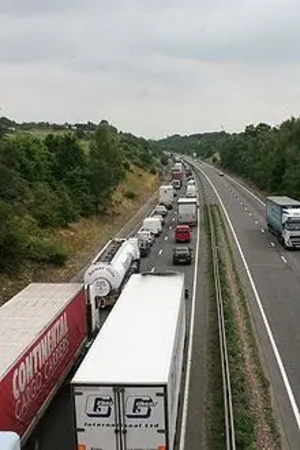Lib Dems slam the Government's Phony Optimism over West Midlands Rail Franchise - but then a Massive Fares Rise

After the good news of newer, longer trains and improved Sunday services comes the rise of regulated rail fares by a massive 3.6% rise from January 2018 onwards, government statistics have today revealed. This is significantly greater than this year's figure of 2.3% and the largest rise since 2011.
As usual, commuters will be hardest hit. This follows on directly from the Conservative's policy of progressively increasing the proportion of rail running costs paid for by the travelling public. Most countries in the world view efficient rail services as a public good and deliberately subsidise rail transport to reduce congestion and pollution on the roads anmd to reduce the time spent by commuters getting to work.
In the UK rail fares are unusually high and passengers are now paying 65% of the costs.
However, there are several factors apart from Conservative dogma which means there could be worse to come. Not only have fuel costs risen by 4% over the last 12 months in dollar terms, but since the the Pound has fallen against the US dollar by 13%, the cost increase since the referendum is approaching 20%.
In addition the Pound has fallen by 20% against the Euro in the same period. From the point of view of the international companies that now make up the consortiums that bid for rail franchises they will be earning revenue in a devalued currency. The premiums that they offer the government as part of the franchise bids are likely to be less in future to compensate for the lower earnings - even if the pound price of the tickets goes up to the long-suffering British commuters.
Local Liberal Democrat County Councillor for Tring, Nick Hollinghurst, commented, "This crazy Brexit which the Tories have brought down upon the country is making everything more expensive than it need have been - even rail transport. From food to fuel, costs are rising and for most people wages are not keeping pace."
"In addition to this financial pain, national surveys reveal that passengers do not feel they are getting good value for money from the patchy performance of the railways - only 1 in 3 gives this a high satisfaction score."
The government answers its critics by pointing to £40 billion being spent from 2014 to 2019 as well as claiming that 97% of train fare revenue goes backs to be spent of the railways.
Nick Hollinghurst says, "That's all very well, but this mainly goes on maintenance and running costs. It's not all on improvement by a long way. The UK should follow the approach of other countries which see railway systems as critical passenger and freight infrastructure systems and successful industries supporting highly skilled employment opportunities and delivering massive social benefit.
He concluded, "Whether or not we actually use the railways we all benefit from them. Life would be unbearable if all freight movement and travel was out on our roads - and that is the social justification for continued subsidy for rail."
